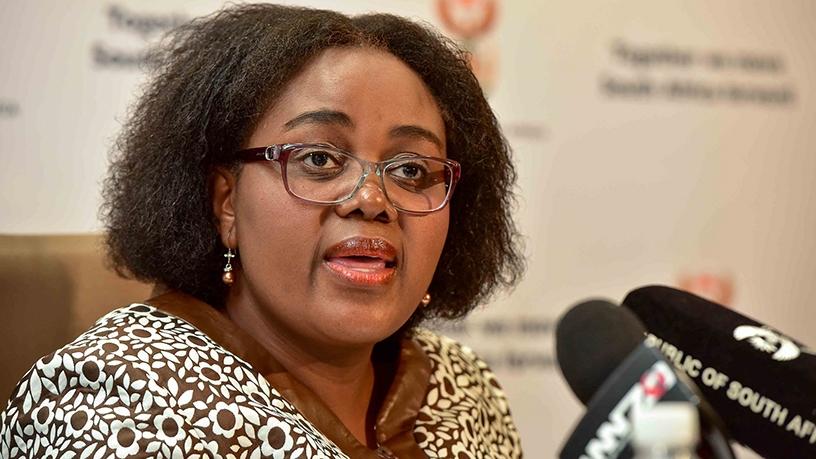
Government has introduced measures to make the application process for the research and development (R&D) tax incentive programme free of bottlenecks.
Established in 2006, government's R&D tax incentive programme offers tax breaks, through the South African Revenue Service, to private sector companies investing in R&D.
However, since its introduction, the tax incentive process has been beset with several challenges, including administrative delays, complex information, and limited access for small and medium enterprises and start-ups.
These challenges, according to the ministry of science and technology, hinder the private sector's response to the programme. As a result, former department minister Naledi Pandor set up a task team in 2015 to help address some of the hurdles experienced by businesses accessing the tax incentive.
The measures include an online process for applications and documentation, as well as reducing turnaround time to 90 days.
According to the Department of Science and Technology, through the online system, applicants can now register, complete an application, and immediately receive acknowledgement.
"An online system of submitting applications was implemented. Besides eliminating the paper-based forms, this system should improve information management and decision turnaround times," said DST chief director for science and technology investment, Godfrey Mashamba.
Mashamba also pointed out that much progress has been made since the implementation of some measures.
By 28 February, 1 212 of the 1 277 valid applications that the DST received from October 2012 had been adjudicated, and 1 054 have received decisions on their applications, according to Mashamba.
In addition, the number of small businesses applying to the programme increased to almost 480 this financial year, compared to only 331 in 2014/15.
Speaking for the first time as science and technology minister, Mmamoloko Kubayi-Ngubane said companies of any size in any industry could qualify for the tax incentive.
"At a corporate tax rate of 28%, the incentive benefit translates into a benefit of 14 cents per rand spent on R&D, thus reducing the marginal cost of R&D. That gesture is a reflection of the extent to which government is committed to promoting a conducive environment for business to operate."
The latest National Survey of Research and Experimental Development shows the total contribution towards SA's R&D reached R32.3 billion during the 2015/2016 period.
Over the same period, general expenditure on R&D as a percentage of gross domestic product (GDP) was 0.80%. The South African government has highlighted this as a major challenge, and indicated it would like to see spend increase to more than 1% of GDP to improve the country's economic competitiveness.
Kubayi-Ngubane urged the business sector to take advantage of the incentive and invest more in R&D, noting that if gross expenditure on R&D remains below 1% it will continue to be a challenge.
"That reflects an underperformance relative to our own policy targets and some comparable economies, which have gross expenditure on research and development to GDP ratio of around 2%."
Share